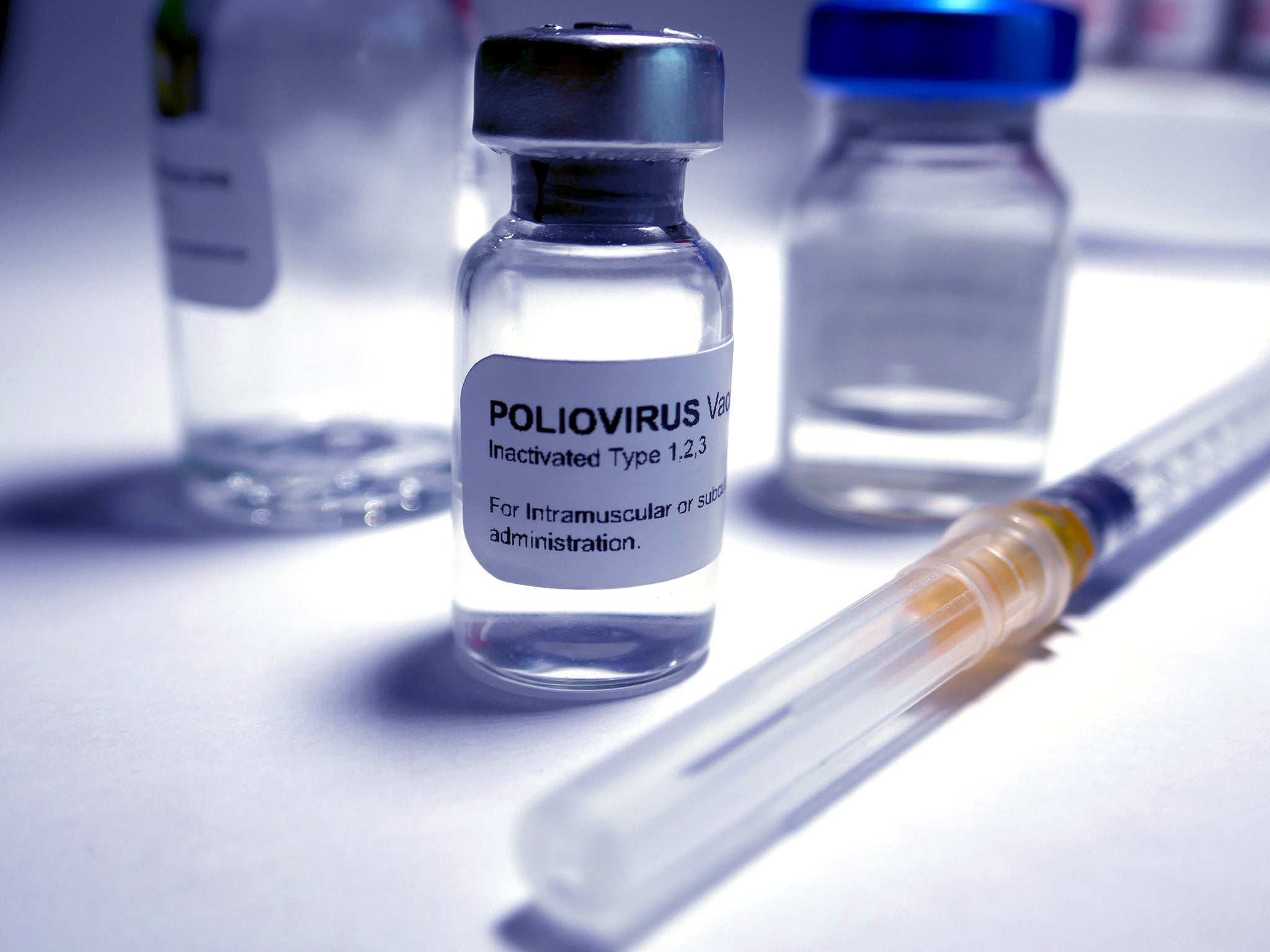Polio: What are the symptoms?
Most people who get polio do not experience symptoms

In an announcement made on Wednesday, the UK Health Security Agency (UKHSA) said polio has been identified in sewage samples taken from London between February and May 2022.
The agency said it is “likely” that the virus has been spreading between “closely-linked” individuals in North-East London, and an investigation has been launched to establish if any community transmission is occurring.
Thanks to extensive vaccination efforts throughout the globe, the disease has been largely eliminated. Afghanistan and Pakistan are the only two remaining countries in the world where polio is still classified as endemic.
What type of polio has been found?
Analysis shows that the virus picked up by UKHSA isn’t ‘wild type’ polio. Instead, it’s a version of the virus that derives from the live oral polio vaccine (OPV).
This vaccine generates gut immunity and for several weeks after vaccination, people can shed the vaccine-virus in their faeces.
These vaccine viruses can then spread in under-vaccinated communities from person to person through poor hand hygiene and water and food contamination. Coughing and sneezing, though less common, is another route of transmission.
What are symptoms of polio?
According to the NHS most people who get polio do not have symptoms.
However, some may get mild flu-like symptoms lasting ten days, such as:
- a high temperature
- extreme tiredness (fatigue)
- headaches
- being sick (vomiting)
- a stiff neck
- muscle pain
In rare cases polio can cause temporary difficulty using muscles, typically in the legs. This can happen over hours or days.
Long term complications of polio can include paralysis and some my need long term treatment for muscle weakness, joint problems or swallowing difficulties.
Treatments for polio include:
- bed rest in hospital
- painkillers
- help with breathing
- regular stretches and exercises to prevent problems with your muscles and joint
Subscribe to Independent Premium to bookmark this article
Want to bookmark your favourite articles and stories to read or reference later? Start your Independent Premium subscription today.

Join our commenting forum
Join thought-provoking conversations, follow other Independent readers and see their replies